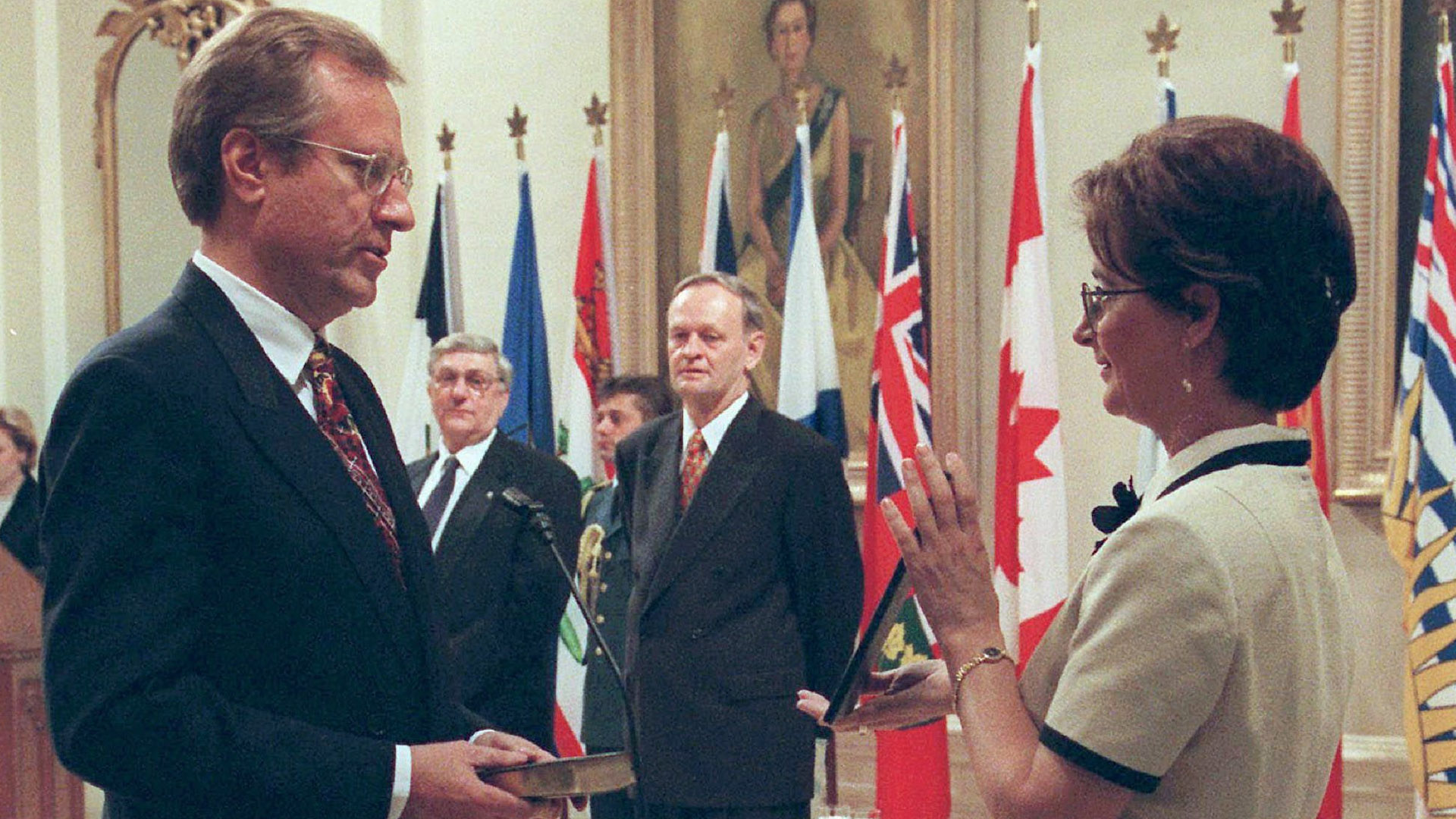
The proliferation of digital technology in elections in Canada has prompted calls for standards in multiple areas to govern their use. Of the election technologies used in Canada, online voting has attracted the lion’s share of attention, given its potential to increase turnout, improve accessibility and deliver administrative efficiencies – while ensuring trust, transparency, and verifiability.
Online voting is one of the more controversial areas where standards are needed. Regulation of it is an important step toward promoting electoral integrity and continuity across Canada’s local, sub-national and national governments. Standards for online voting, however, are no longer a pipe dream. They are well into development, with draft versions available for comment and completion estimated in 2023. The call to action is no longer about needing standards but rather about ensuring that a wide range of stakeholders participate in their development.
Canada is a unique case with respect to the deployment of voting technologies. We already have wide and varied use of electronic voting across the country, including online voting, telephone voting and tabulators. However, other countries that use far fewer voting technologies have some type of regulatory framework in place.
While Canada has been late to develop voting technology standards, compared to other jurisdictions, current developments are changing things and have the potential to put us in the position where other countries look to us for guidance. Below, we outline five reasons for optimism.
Online voting has been used in Canada by numerous organizations, including political parties, unions and universities, as well as in local, provincial and territorial votes. This includes hundreds of municipalities over the past 20 years in Ontario and Nova Scotia; by more than 200 Indigenous communities for elections, referendums, ratifications and agreement votes; in a non-binding plebiscite (P.E.I.); and for absentee voters in a general election (2019 in the Northwest Territories). The COVID-19 pandemic has further accelerated interest in its use among local, provincial and territorial election agencies. Today, online voting is used more widely in Canada than anywhere in the world. Other international examples either serve a smaller population (e.g., Estonia), or have been paused (e.g., Switzerland, Australia).
Until recently, Canada remained an anomaly among the international community of countries using voting technologies, given the absence of standards here. This regulatory gap can partly be explained by that fact that standards in other countries have often been the result of involvement from higher levels of government, even if use has been concentrated locally or regionally. Yet, despite repeated calls for standards from scholars and administrative leaders in Canada as early as 2015, the patchwork of online voting systems and rules here continued.
Digital elections hold considerable promise, but they must be done right. This requires a congregation of stakeholders and expert knowledge. In recognition of this, we put forth a proposal to the CIO Strategy Council (a national non-profit accredited by the Standards Council of Canada) to develop online voting standards. This proposal, which focuses on developing a base standard for local elections across the country, with the eventual hope of informing higher-level regulations, was accepted in December 2020. A technical committee, on which we both sit, has been writing the standards since that time.
Canada is a leader in standard development
Online voting in Canada has been taking place in an unregulated environment since 2003. In the absence of standards, cities have charted their own paths in relative isolation – with mixed results. For better or worse, this diversity has provided a range of data and experiences, informing development in a way that is not possible in places where standards were created before experimentation began.
The initiation of these standards has also spurred the regulatory development for other voting technologies in Canada. The passage of the Protecting Ontario’s Elections Act, 2021 allowed the chief electoral officer of Elections Ontario to form an advisory committee on standards for voting technologies to develop standards for tabulators and electronic poll books. This process is a partnership between Elections Ontario and the CIO Strategy Council and is estimated to be completed in 2023.
Together, these dual standards-development initiatives make Canada unique. They also have the potential to position us as leader in the space for a few reasons.
First, we are taking a holistic approach to development that is not overly prescriptive or broad. For example, some countries have invested a lot of time creating thorough yet rigid standards which – while offering protections – can stifle innovation or the testing of new technologies. In places where standards must apply to a range of voting technologies, and election information and communication technologies (ICTs) across multiple countries, they are usually intentionally broad to ensure wide-reaching application. The Council of Europe’s guidelines are an example of such work, designed to apply to 47 member nations.
Second, we are working on standards for multiple technologies that are unregulated, not just focusing on one single technology. Some countries have become so focused on developing regulations for one type of voting technology that they neglect to act on others, leaving critical gaps. The United States is an example of this, having established thorough standards for tabulators but not addressing the other types of electronic voting used there.
Several forms of email voting are regularly used in the United States to support the electoral participation of military personnel overseas and in other circumstances. Ensuring extensive safeguards for one technology might help to promote electoral integrity but leaving out others maintains risk exposure. While we still have a lot of work to do in Canada by (1) developing regulations for telephone voting and any other technologies that emerge and (2) building out standards for higher levels of government, the fact that we are creating standards for both voting hardware and software will help to minimize gaps.
Third, we are taking our time and writing standards exclusively for jurisdictions in our country. This means the outcome will be tailored either to our unique needs as a province (tabulators in Ontario) or as country (online voting across municipalities in Canada), which is important in a country with multi-level governance.
Fourth, ongoing standards processes for voting technologies in Canada are open to stakeholder involvement and input. While standards development can be dominated by large corporate interests, we remain committed to ensuring a wide range of voices are represented. In fact, it is unique that the online voting standards process in Canada was initiated by stakeholders – two university professors who care deeply about elections. By comparison, the Elections Ontario process is well-vetted with representatives from all four provincial parties, as well as experts in standards and elections.
These two processes are setting the stage for Canada’s digital elections future by creating a precedent that can be built upon and refined as technology evolves.
Finally, lessons from electronic elections worldwide have taught us that technological adoption is best done incrementally, reflecting on lessons learned, and with regular input from experts and practitioners. We have a rich history of experiences to draw upon in Canada with long-term evidence and evaluation to inform voting technology standards processes. This kind of information cannot be generated by a computer or obtained from one-off case studies.
While Canada may be late to the game developing standards for voting technologies, the unique lessons learned here may give Canada an edge as countries look to improve the integrity of digital elections. As governments around the world seek to close gaps in regulatory frameworks or update existing recommendations, they may be looking to Canada.
Stakeholders interested in participating in the online voting standards process can learn more here: https://ciostrategycouncil.com/standards/get-involved/
Both Drs. Essex and Goodman are involved in the standards processes for online voting and tabulators and electronic poll books.










